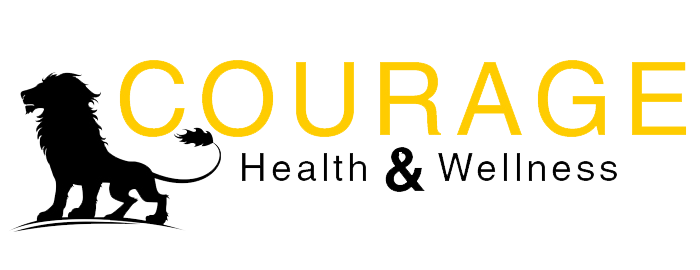Facing Down a Mental Health Crisis

Facing Down a Mental Health Crisis
Clinicians and community leaders need to move quickly to aid those in need.
Posted January 15, 2021 | By Arthur C. Evans Jr. and Gary Belkin
The pandemic is ravaging our mental health and escalating our stress. Americans are more frustrated, scared, and angry than in 2019. We face loneliness, economic peril, and domestic violence. This exacerbates a crisis already underway—an unexpected reversal in life expectancy in the U.S. in the five years before the pandemic, attributed to “diseases of despair” such as substance use and suicide.

Source: Maridav/Shutterstock
In short, we are a nation in a mental health crisis, unprepared to handle the rising tsunami of need for mental health and substance use care.
For over a century, our mental health care system has focused mostly on providing specialist-delivered treatment for a defined illness, episode, or condition, and waited to intervene until people are in crisis. That approach is too narrow to meet the growing burden of emotional damage, distress, and trauma that can lead to disability, premature death, unemployment, and poverty. This burden frays our social ties, attacks our community cohesion, and diminishes our resilience—strengths we need now more than ever. It also falls along fault lines of racial and income inequality, compounding those disadvantages and getting in the way of rebuilding our economy and promoting equity.
We miss too many opportunities to get to the sources of emotional well-being across the population, prevent illness, accelerate recovery, and secure the foundations that promote mental health.
In our former roles as leaders of health care agencies in Philadelphia and New York City, we learned first-hand what our president-elect will be up against, and what our system needs to change to take it on.
Our hard-earned advice to President-elect Biden is to put population mental health and prevention at the forefront as he works to solve the COVID-19 crisis. Ensure communities have tools to promote mental health and supports to help people who aren’t in mental health clinics. Give these tools to teachers, clergy, parents, community organizers, peers, and primary care teams. Work with Congress to increase funding to states and communities to implement community mental health plans that prioritize timely prevention, promotion, and early response. Include assistance to rural communities, where mental health resources are often in even shorter supply.
We urge the new administration to change not just the what and how of the mental health care system, but who does the work and where they do it. Evidence shows that many tasks that promote health and prevent and improve recovery from illness can be done by an array of trained laypeople, as well as by health care professionals who are not mental health experts. This can ease issues of capacity and access by multiplying the number of trusted, familiar sources of support, and bringing the work closer to the realities, and disparities, that affect our neighborhoods.
In Philadelphia and New York City, we focused on broadening the team supporting mental health care. We enlisted educators, law enforcement officials, and employers, as well as staff at neighborhood anchors like churches, child care centers, and community centers, and trained them to identify and help the people they work with. We offered trauma-informed treatment for those affected by gun violence or involved in the criminal justice system.
We worked with bus drivers, bartenders, and barbers and trained people in Mental Health First Aid to recognize and respond to emotional suffering. We made self-care tools and screening available through public kiosks and call centers. We made basic counseling and prevention methods an expectation for child care workers and job training counselors who were in closer contact with people in need.
Extending the work of mental health in these ways does not displace our highly skilled and dedicated mental health professionals. On the contrary, it allows them to do much more: to coach and back up others and fully realize their potential and impact in our communities.
More and more community leaders and coalitions are beginning to understand that improving community mental health and well-being is essential to solving other pressing problems. Those of us in the public health arena stand ready to share our experiences with the incoming administration so we can make these needed changes. There are already networks that share this vision, such as the Wellbeing Alliance and Wellbeing in the Nation. We urge the new administration to move expeditiously to help the nation get through this dark period and build a better, more humane, equitable, and proactive system for a healthier America.
Arthur C. Evans, a former commissioner of Philadelphia’s Department of Behavioral Health and Intellectual disAbility Services, is CEO of the American Psychological Association. Gary Belkin, a former executive deputy commissioner of the New York City Department of Health and Mental Hygiene, is the founder and president of the Billion Minds Institute.
